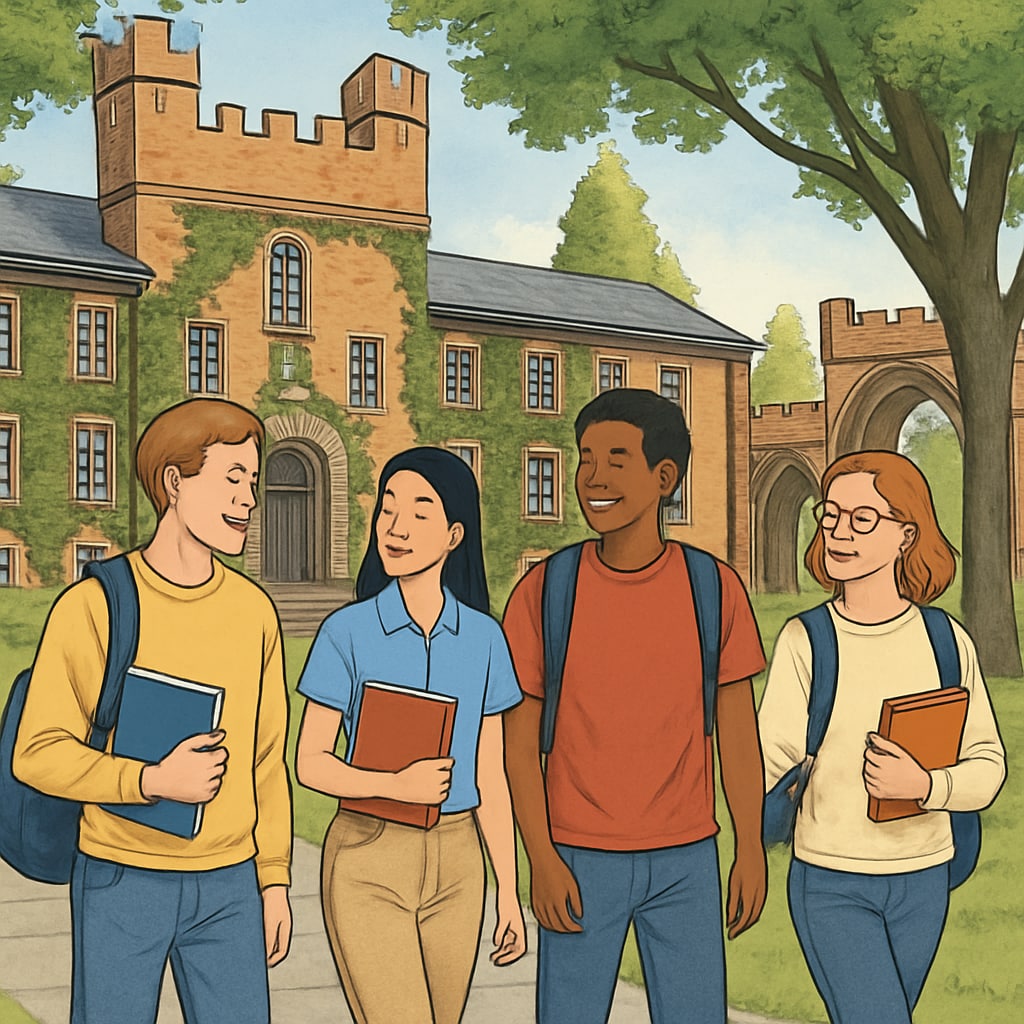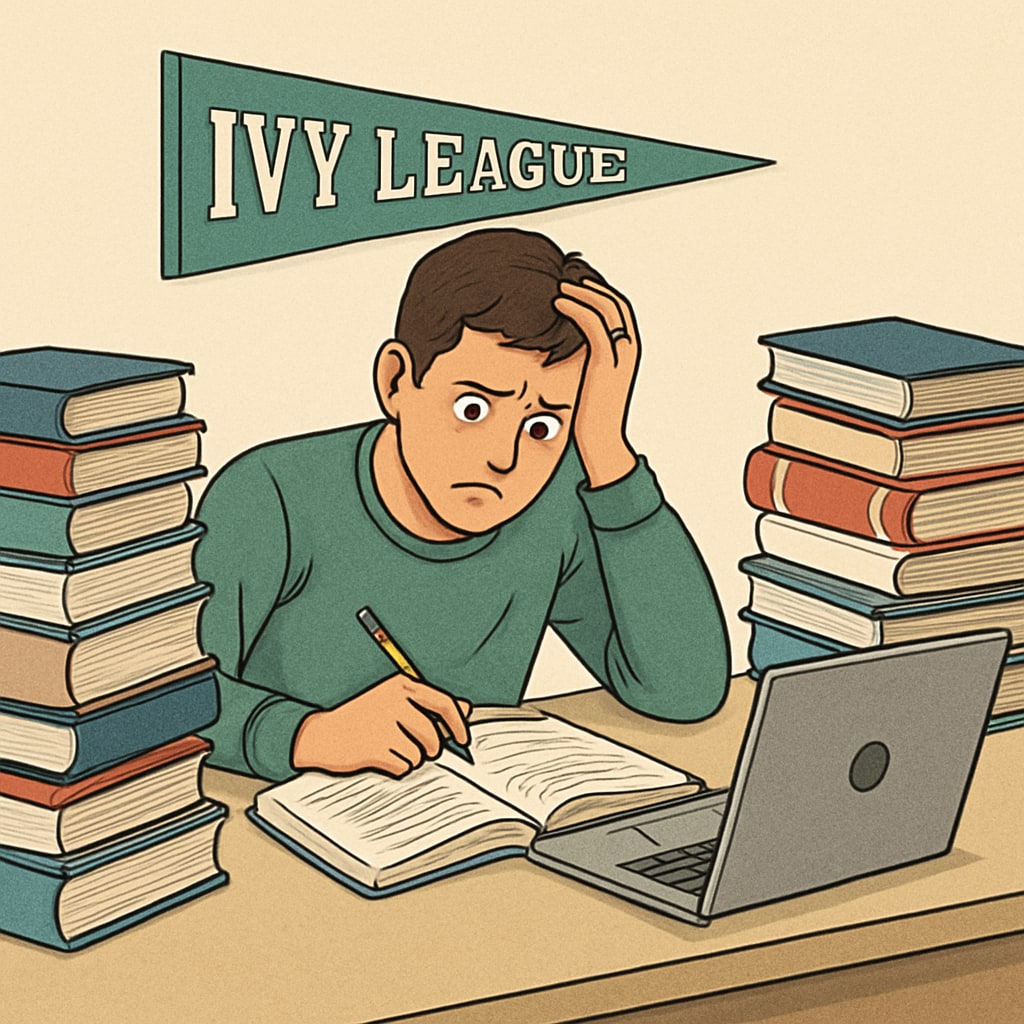In the realm of K-12 education, the obsession with Ivy League institutions—particularly Princeton University—has become a common narrative. Parents, educators, and students often view these elite schools as the ultimate measure of success. But are Princeton and other Ivy League schools truly worth the hype, or are they overestimated in their actual value and impact? This article delves into the roots of this “Ivy League myth,” analyzing its consequences on student growth and suggesting a broader perspective on what education should prioritize.
Are Ivy League Institutions Overrated?
The Ivy League, comprising eight prestigious universities, is often regarded as the pinnacle of academic achievement. Princeton University, in particular, has long been associated with excellence, privilege, and opportunity. However, this reverence for the Ivy League often leads to an exaggerated perception of its value. Critics argue that the allure of these institutions is not always proportional to the actual benefits they provide.
For example, a significant portion of the Ivy League’s appeal stems from its brand recognition. These schools leverage centuries-old reputations to maintain their elite status, even as more affordable and innovative educational options emerge. Studies have shown that the long-term career outcomes for graduates from state universities often rival those of Ivy League alumni, particularly when adjusting for socioeconomic background. This raises the question: Are we overvaluing the Ivy League name at the expense of other deserving institutions?

The Impact of “Ivy League Worship” on K-12 Education
In K-12 education, the focus on gaining admission to Ivy League schools like Princeton can have unintended consequences. For many students, the pressure to meet the stringent academic and extracurricular requirements of these universities leads to burnout, anxiety, and a skewed sense of self-worth. Instead of fostering a love for learning, the education system becomes a rat race centered on resume-building.
Moreover, this obsession perpetuates inequality. Wealthier families can afford private tutors, test preparation, and exclusive extracurricular opportunities that give their children an advantage in the admissions process. Meanwhile, talented but less privileged students may be overlooked, despite their potential. The result is an educational culture that prioritizes status over substance.
Adopting a more balanced approach to college admissions could alleviate these issues. By emphasizing personal growth, intellectual curiosity, and community impact, educators and parents can help students develop a healthier relationship with education.

Rethinking the Value of Education
So, what should we prioritize in education? Instead of idolizing elite institutions, we should focus on the qualities that make a well-rounded individual. These include critical thinking, adaptability, and emotional intelligence—skills that are not exclusive to Ivy League graduates.
Additionally, there is value in exploring alternative educational paths. Community colleges, vocational schools, and online learning platforms offer diverse opportunities for success. These options are often more accessible and practical, particularly for students who do not fit the traditional mold of an Ivy League applicant.
Ultimately, the success of an education system should be measured by how well it prepares students for life, not by how many of them gain admission to prestigious universities. By broadening our perspective, we can create a more inclusive and equitable educational environment.
Conclusion: Moving Beyond the Ivy League Myth
The adulation of Ivy League institutions like Princeton University has significant implications for K-12 education. While these schools offer undeniable benefits to their students, their value is often overstated. This misplaced focus can undermine the true purpose of education: to nurture well-rounded individuals who contribute meaningfully to society.
As parents, educators, and policymakers, we must challenge the narrative that equates success with admission to elite schools. By doing so, we can help students discover their unique strengths and pursue paths that align with their passions and goals. After all, education is not about the destination—it’s about the journey.
Readability guidance: This article uses concise paragraphs and clear transitions to ensure accessibility. It balances analytical insights with practical recommendations, maintaining an engaging tone throughout.


